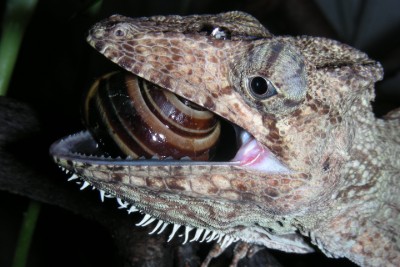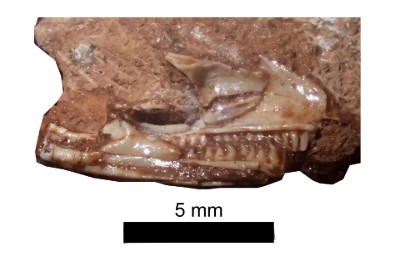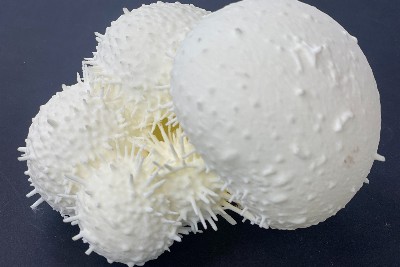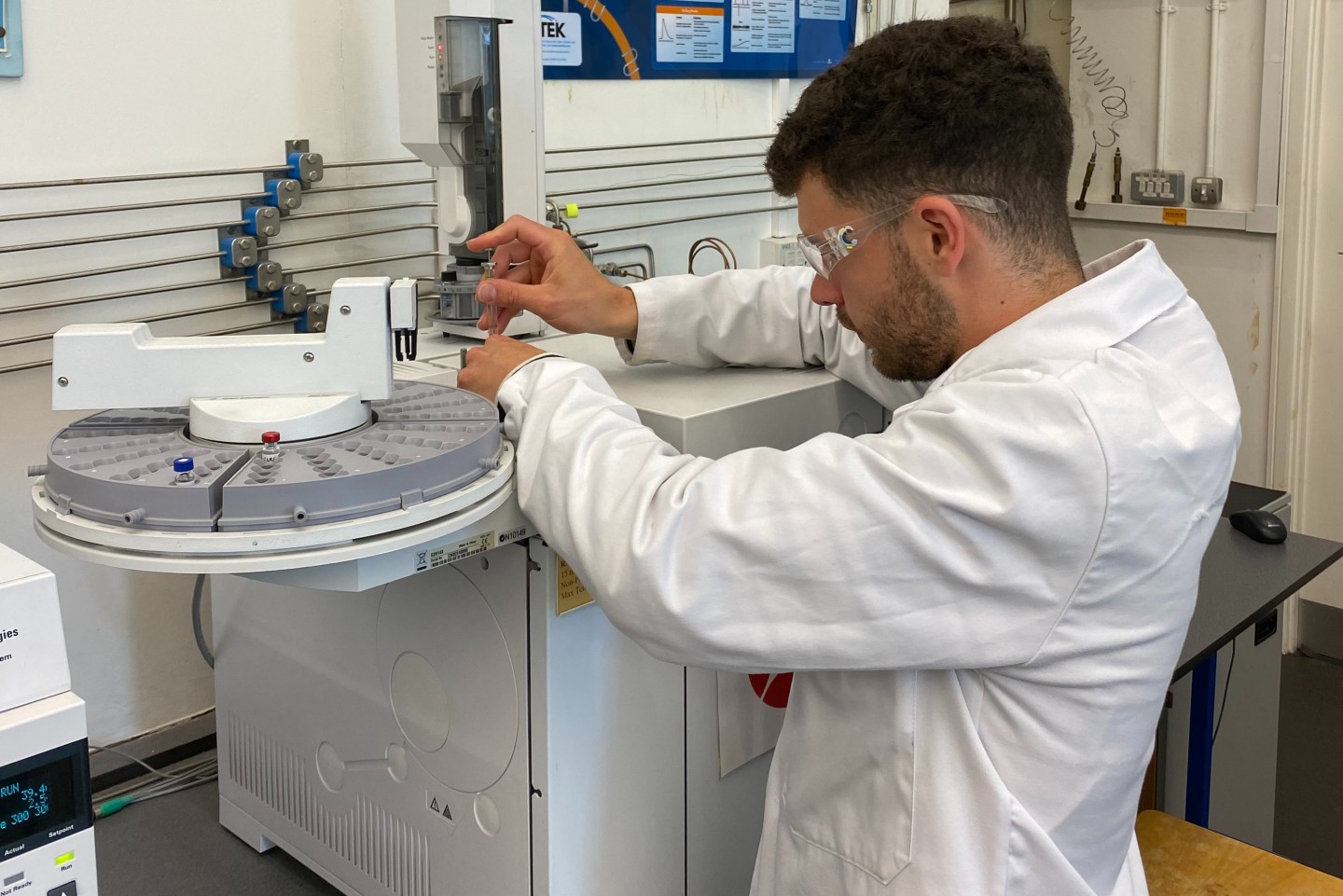Jurassic 'Sword Dragon' prehistoric reptile discovered in the UK
A near-complete skeleton collected from the UK’s Jurassic Coast has been identified as a new species of ichthyosaur, a type of prehistoric marine reptile that ruled the ancient oceans.
A near-complete skeleton collected from the UK’s Jurassic Coast has been identified as a new species of ichthyosaur, a type of prehistoric marine reptile that ruled the ancient oceans.
Paleontologists at the University of Bristol have officially identified a new species of dinosaur from Triassic fossil beds in South Wales, near Penarth – more than 125 years after the specimen was initially reported.
A new fossil from Devon reveals what the oldest members of the lizard group looked like, and there are some surprises, according to a research team from the University of Bristol. The study is published today [10 September] in Nature.
The modern coelacanth is a famous ‘living fossil’, long thought to have died out, but first fished out of deep waters in the Indian Ocean in 1938. Since then, dozens of examples have been found, but their fossil history is patchy. In a new study, Jacob Quinn and colleagues from the University of Bristol and University of Uruguay in Montevideo have identified coelacanths in museum collections that had been missed for 150 years.
New research analysing the bite strength of 18 species of carnivorous dinosaurs has shown that predatory dinosaurs followed different evolutionary paths.
As the climate warms and regional drying becomes more frequent, peatlands – some of the planet’s most important carbon sinks – are increasingly under threat. But a study, led by an international team including scientists from the University of Bristol, has shown peatland ecosystems may have a natural defence through the combined forces of plant changes and microbes.
A new study has uncovered evidence that a giant marine reptile from the Early Jurassic period used stealth to hunt its prey in deep or dark waters – much like owls on land today.
The puzzling behaviour of Titan’s atmosphere has been revealed by researchers at the University of Bristol for the first time.
A new study has shed unprecedented light on the highly variable and climate-sensitive routes that substances from Siberian rivers use to travel across the Arctic Ocean. The findings raise fresh concerns about the increasing spread of pollutants and the potential consequences for fragile polar ecosystems as climate change accelerates.
Two Palaeontology and Evolution students from the University of Bristol have undertaken the first ever study which describes the incredible range of fossils which were sucked into a Neptunian dyke, a deep, fissure like cave on the ancient coastline.
More mammals were living on the ground several million years before the mass extinction event that wiped out the dinosaurs, new research led by the University of Bristol has revealed.
Ancient frog relatives survived the aftermath of the largest mass extinction of species by feeding on freshwater prey that evaded terrestrial predators, University of Bristol academics have found.
Sabre-toothed predators – best know from the infamous Smilodon – evolved multiple times across different mammal groups. A new study, published today in Current Biology reveals why: these teeth were ‘functionally optimal’ and highly effective at biting into prey.
Two University of Bristol professors have been presented awards by the Palaeontological Association for their contributions to academia, outreach and human knowledge.
A ground-breaking University of Bristol study has shed light on how lizards and snakes -the most diverse group of land vertebrates with nearly 12,000 species - have evolved remarkably varied jaw shapes, driving their extraordinary ecological success.
A storeroom specimen that changed the origins of modern lizards by millions of years has had its identity confirmed.
A new study highlights how some marine life could face extinction over the next century, if human-induced global warming worsens.
Research led by the University of Bristol shedding new light on how arsenic can be made less dangerous to humans has the potential to dramatically improve water and food safety, especially in the Global South.
The University of Bristol has received a £1million grant from the UKRI Arts and Humanities Research Council (AHRC) to establish a new Centre for Chemical Characterisation in Heritage Sciences – an initiative that will span Arts, Chemistry and Earth Sciences.
The discovery of new cynodont fossils from southern Brazil by a team of palaeontologists from the University of Bristol, alongside colleagues from Argentina and Brazil, has led to a significant breakthrough in understanding the evolution of mammals.









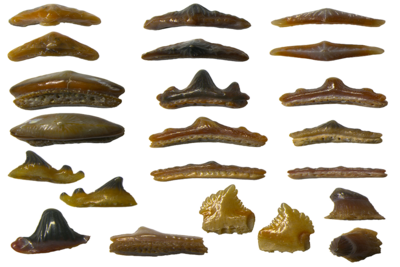
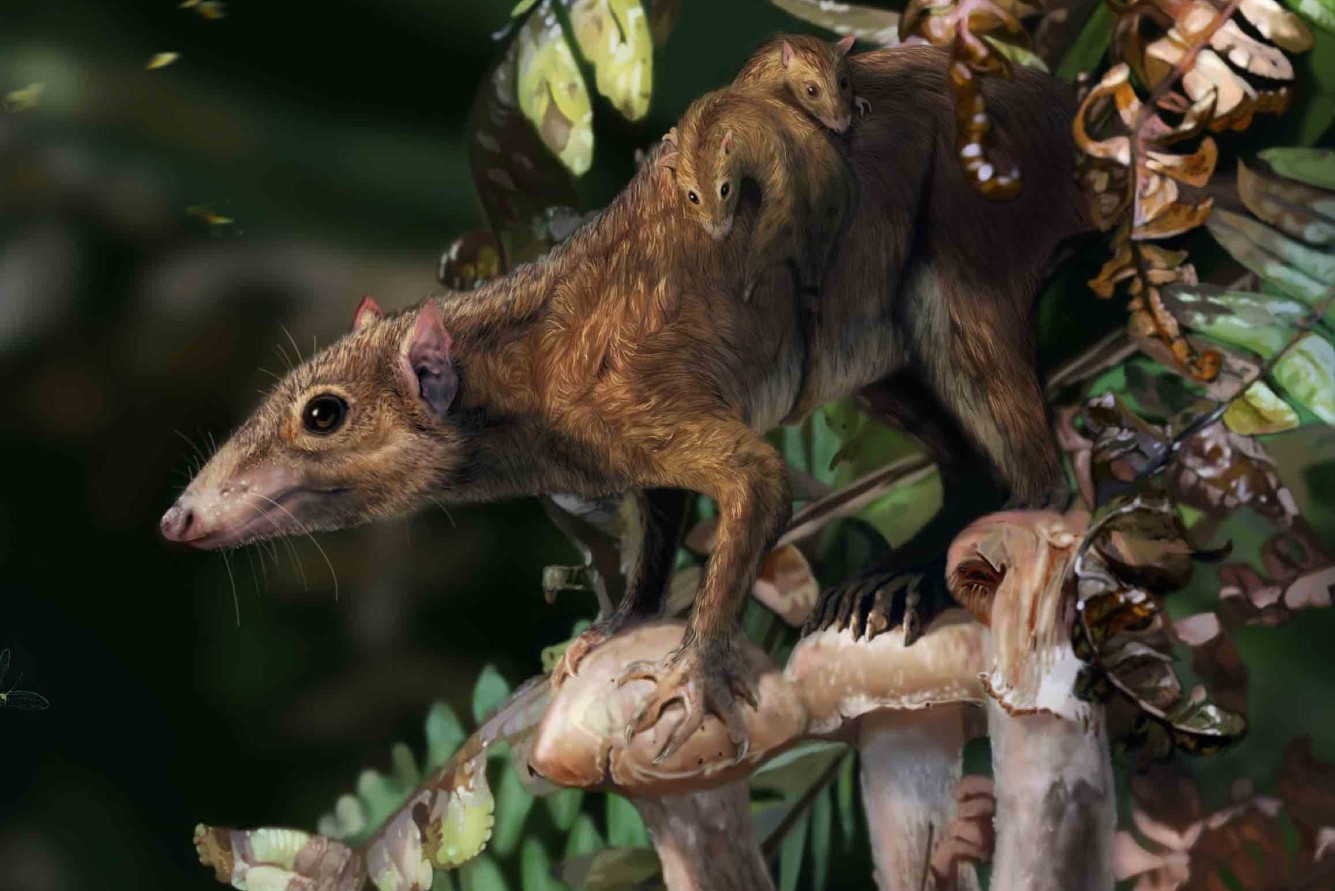
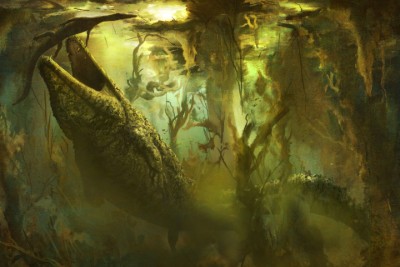
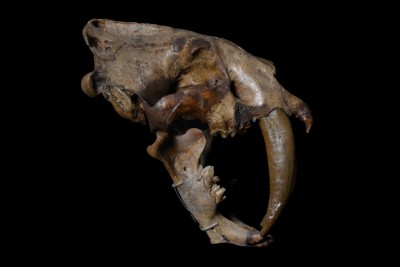
.png)
